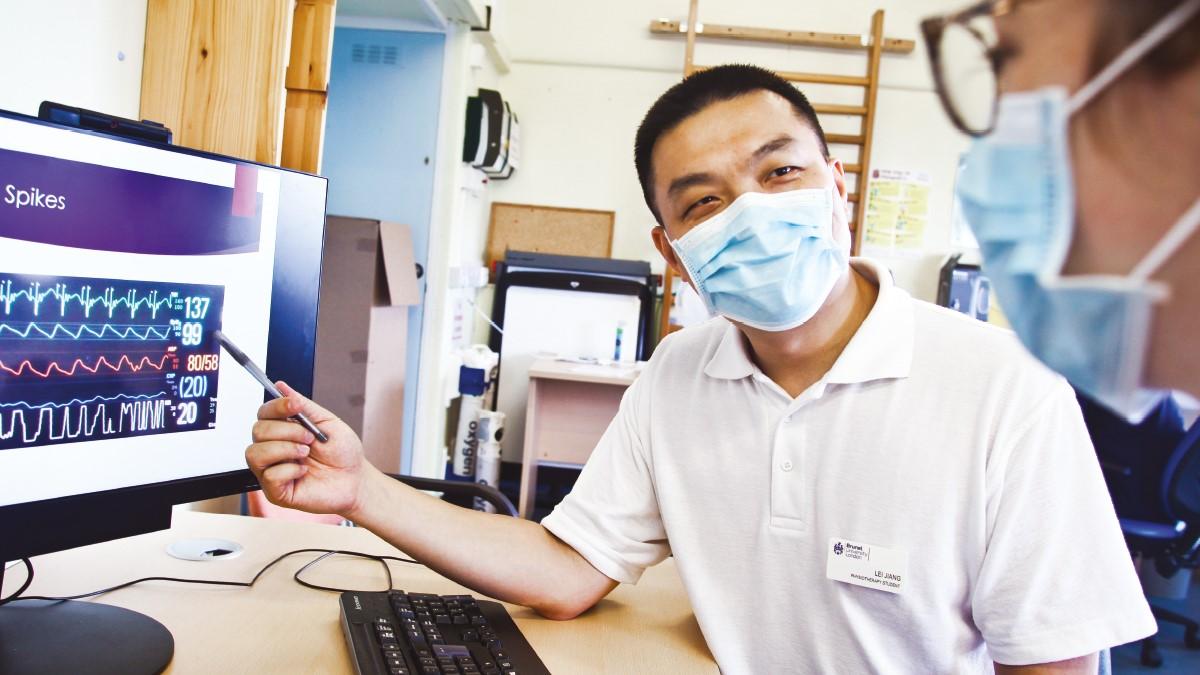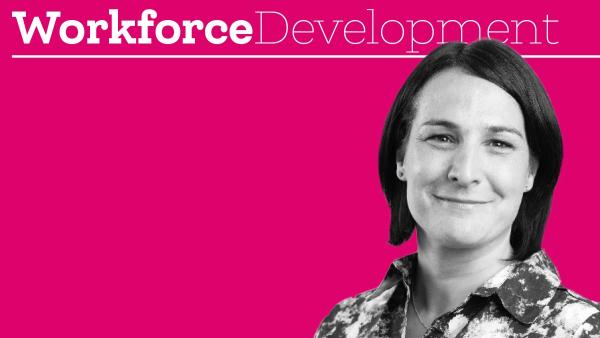Tamsin Baird and Deborah O’Connor share a series of recommendations to support the essential work of practice educator

There have been many challenges for practice educators over the last two years. Working in a highly stressful environment, managing the complex needs of patients throughout the pandemic and responding (reacting) to the continual firefighting, redeployment of staff, deployment of students, social distancing, vaccinations… the list is endless! And all whilst trying to ensure that learners are still given the essential support and education needed to meet the requirements of their programme and graduate in a timely manner to join the profession. Acknowledging these challenges and recognising that there has been incredible commitment and recent innovation in practice-based learning led to the need to commission a piece of work to look at how educators are supported to deliver practice-based learning.
Deborah O’Connor has led the team to carry out a scoping literature review, whilst conducting a survey and several focus groups to collect information and ideas about what members need to support them. Alongside this, she has been engaging members to tell us about the work they have been doing, the resources they have been developing and building a portfolio of what already exists to support practice-based learning across physiotherapy and all allied health professionals (AHPs).
The results of the survey and focus groups have led to a series of recommendations for the CSP to drive forward and ensure that practice-based learning remains front and centre as an essential component of pre-registration education:
1. Practice-based learning is an integral part of the role of every registrant:
Education should be everyone’s business. How is this essential pillar of practice embedded in roles/responsibilities/job descriptions to ensure accountability of all members in developing the future workforce? And how do we change hearts
and minds to produce a culture shift? Strong messaging and marketing campaigns, but not directives, will allow flexibility for organisations to enact this in the most appropriate way for their employees. Providing case studies, webinar series, and social media campaigns will showcase how every member can effectively contribute to a quality learning environment.
2. Centralised accessible resources are needed to support new educators and innovation in practice:
Many of these resources already exist from the excellent work that members have been conducting throughout the Covid-19 pandemic in supporting the development of innovation and new ways of working. Some are physiotherapy specific, and some relate more widely to AHPs but all are very helpful resources that need to be shared widely to support educators in practice. Members want an easy access platform that hosts all current and future resources for practice-based learning in one central place. Members need to be assured that the resources they are accessing are up to date, reflective of the current workforce priorities and developments in practice education and are accessible to all.

3. The skills and values required for successful practice education must be supported, valued and recognised:
This recommendation is a follow up piece of work to this project. Previously, there have been accreditation schemes for members, and this is one potential system that could be explored. There should be a shared approach to recognising the need for highly developed knowledge and skills as an educator, rather than different systems that lack transferability. Supporting members to consider academic career pathways and how these can be quality assured and accessed is vital to continue embedding education as an essential pillar of practice.
4. The role of the support worker in practice-based learning should be fully explored:
Given the developing role of the support worker in practice education, we recommend a piece of work that considers the needs of this workforce and the requirements to enable confidence to take on a role in supporting learners. This work should be co-designed with the support workers and include training needs, accreditation processes and mentorship support.

5. Student experiences during the pandemic need to be widely considered:
There is no doubt that Covid-19 has had a significant impact on new graduate’s skills, needs, behaviours, confidence. Taking into account what is already known about common stressors for newly-qualified physiotherapists pre-pandemic, and then investigating the impact of this, is necessary to inform how we move forwards in terms of recruitment, preceptorship and expectations of the workforce.
Get Involved!
- Have you created any resources to support practice based learning that you are willing to share?
- Please get in touch to inform future developments of this work via education@csp.org.uk
What next?
Do you want to learn more about this work?
Come along to our webinar to hear from the project team about the findings in more detail and how these have informed a set of guiding principles developed by the CSP:
- 21st June 7.00-8.00pm Register here at eventbrite.
Number of subscribers: 3




































